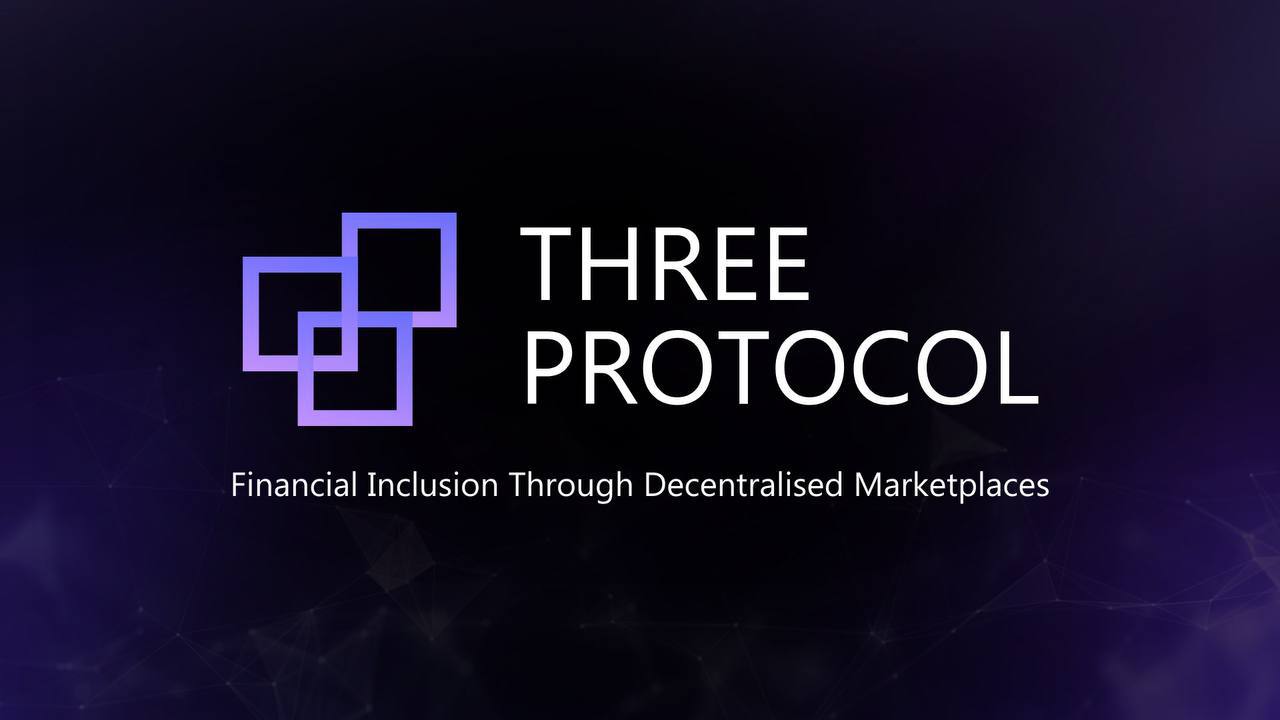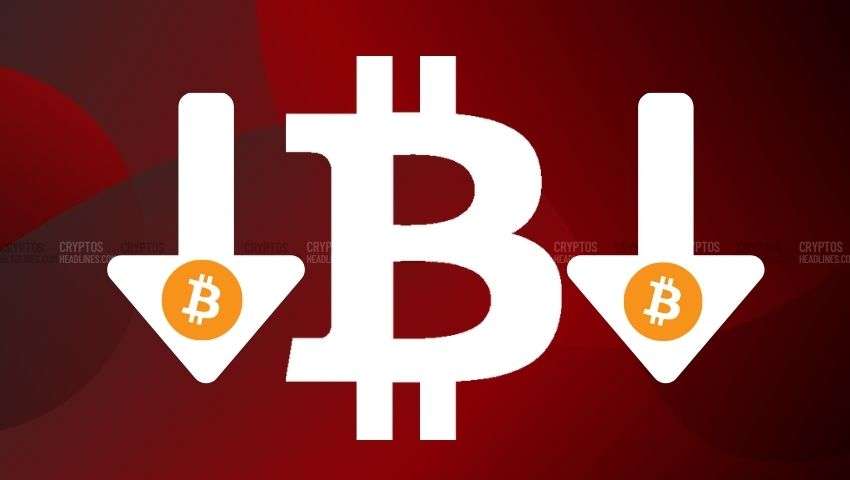The European Union (EU) member is currently exploring different possibilities for a digital currency issued by the central bank. This digital currency aims to provide assistance to individuals who do not have access to traditional banking services.
According to a senior official, Hungary does not currently perceive a pressing requirement for a widely accessible central bank digital currency (CBDC). However, they are conducting experiments to assess whether such a currency could be beneficial in addressing the needs of individuals who lack access to traditional banking services.
As a member of the European Union (EU), Hungary is expected to eventually adopt the euro as its currency. However, Hungary has not shown any strong urgency in setting a specific timeline for transitioning from its current currency, the forint, to the euro.
Several European authorities, including central banks overseeing the pound, euro, and Swedish krona, are actively investigating the possibility of issuing digital versions of their respective currencies. The European Central Bank is expected to make a decision later this year regarding the development of a digital euro, while the Bank of England in the United Kingdom has stated that a digital pound will likely be necessary in the future.
Anikó Szombati, the Chief Digital Officer of the Hungarian Central Bank, stated at an event hosted by the Official Monetary and Financial Institutions Forum that currently, there is no immediate requirement for introducing a widely accessible central bank digital currency (CBDC) for regular citizens and merchants. Simplified phrasing: According to Anikó Szombati, the Chief Digital Officer of the Hungarian Central Bank, there is currently no urgent need to introduce a digital currency that can be widely used by everyday people and businesses.
In addition, she mentioned that Hungary is actively exploring the potential of issuing a central bank digital currency (CBDC) through various pilot projects. She expressed the desire for Hungary to stay at the forefront of CBDC research. Simplified phrasing: Furthermore, she mentioned that Hungary is actively investigating the options for creating a digital currency issued by the central bank through pilot projects. She emphasized the country’s aim to be at the forefront of CBDC research.
According to studies conducted by the Bank for International Settlements, it is suggested that nine out of ten central banks worldwide are currently investigating the concept of central bank digital currencies (CBDCs). Simplified phrasing: Research from the Bank for International Settlements indicates that the majority of central banks worldwide, approximately nine out of ten, are currently exploring the idea of central bank digital currencies (CBDCs).
Szombati explained that when considering the implementation of a central bank digital currency (CBDC), it is important to determine the motivation behind it, which could stem from significant market issues or well-defined policy goals. She further noted that one potential incentive for adopting CBDC is to increase financial inclusion, as currently, 13% of Hungarian adults do not have bank accounts. Simplified phrasing: Szombati highlighted the importance of identifying the motivation behind implementing a central bank digital currency (CBDC), which could be driven by addressing market failures or achieving specific policy objectives. She also mentioned that improving financial access for individuals who do not have bank accounts, which is the case for 13% of Hungarian adults, could be one motivating factor for adopting CBDC.









